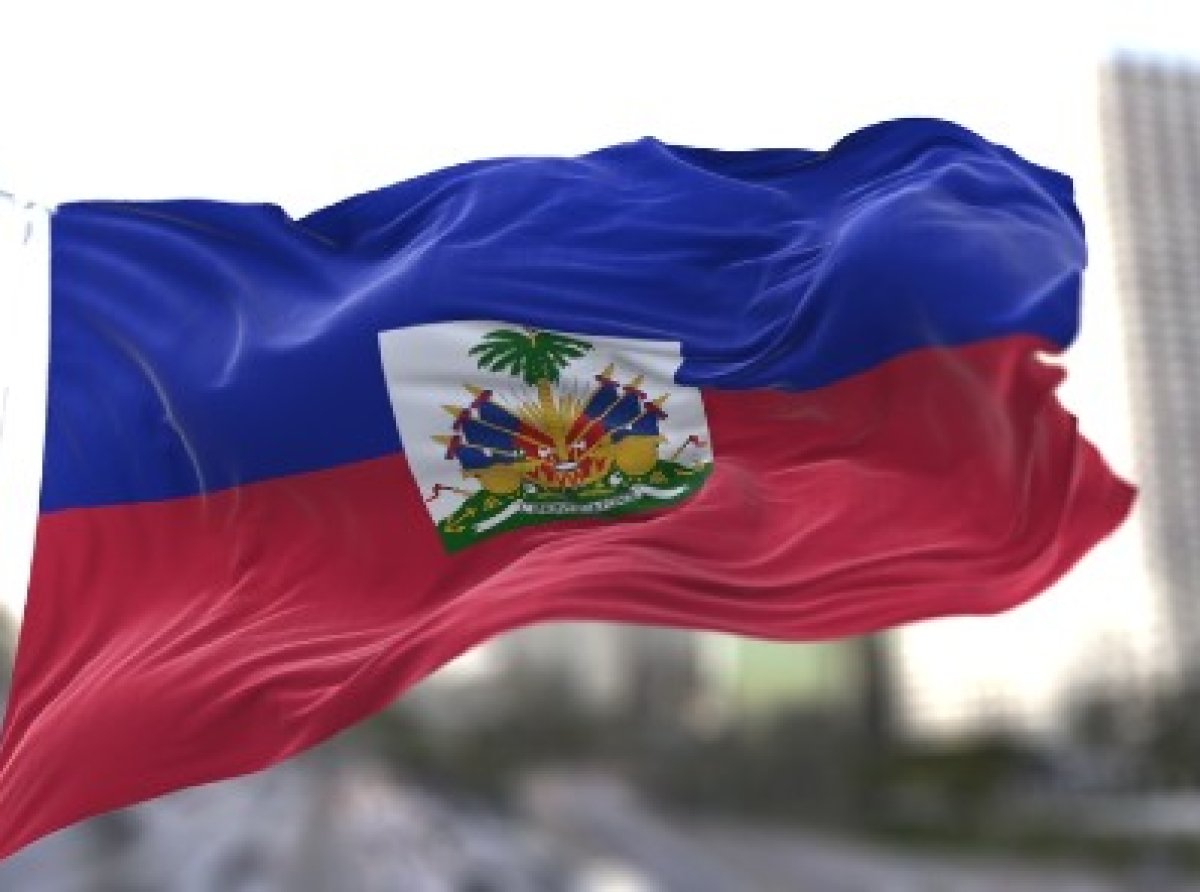US Welcomes Establishment of Haiti’s Transitional Presidential Council

WASHINGTON, DC – The Biden administration in the United States on Friday welcomed the establishment of a Transitional Presidential Council (TPC) in Haiti, saying that the Council helps pave the way for free and fair elections, and the expedited deployment of a Multinational Security Support mission.
“We applaud Haitians for their commitment to move forward in a spirit of reconciliation and national dialogue,” said US Department of State Spokesperson Matthew Miller, noting that the Council was established after months of discussion among diverse Haitian stakeholders.
He said that Washington remains committed to working with the Caribbean Community (CARICOM) and international partners to support the TPC’s mission “to work for and improve the lives of all Haitians.”
“The security situation in Haiti remains untenable due to the violence caused by gangs that claim to represent the Haitian people but thrive on violence and misery,” Miller said. “Gangs have shut down key infrastructure and economic sites that are lifelines for fuel, humanitarian aid, and other vital supplies, and continue to strip Haitians of their rights to food, education, and healthcare.
“The United States is surging support for the Haitian security forces to bolster their capabilities, as they fight to defend their country,” he added.
“We commend Haitian leaders for making tough compromises to move toward democratic governance via free and fair elections,” Miller continued. “Much work lies ahead, and the United States remains committed to supporting the people of Haiti.”
Meantime, the United Nations said on Friday that, despite the turmoil and rampant gang violence across Haiti, UN humanitarians are continuing to offer emergency aid to those impacted.
UN Spokesperson Stéphane Dujarric said that the UN’s World Food Program (WFP) recently provided 19,000 meals to displaced civilians in the capital, Port-au-Prince, and school lunches to 200,000 children in other provinces.
He said people sheltering in displacement sites in Port-au-Prince have also seen continued support from the UN’s sexual and reproductive health agency, UNFPA, and partners, who have distributed over 4,600 hygiene kits through mobile clinics.
Dujarric said dignity kits with soap, sanitary pads, a solar lamp and other basic hygiene items were also distributed to women and girls.
“UNFPA and their partners also continue to provide remote psychosocial support and information on accessible gender-based violence services through a free hotline operated by their local partners,” he said, adding that more than 340 calls have been made since February.
Dujarric noted that the UN’s International Organization for Migration (IOM) said that, since the end of February, nearly 95,000 people have left the capital’s metropolitan area to find refuge in provinces.
He said it is reported that most refugees have fled to the Grand Sud departments, where over 100,000 people have gone in recent months to escape violence.
“And as we have been telling you, those communities also that are trying to absorb displaced people are already under stress,” Dujarric said.


